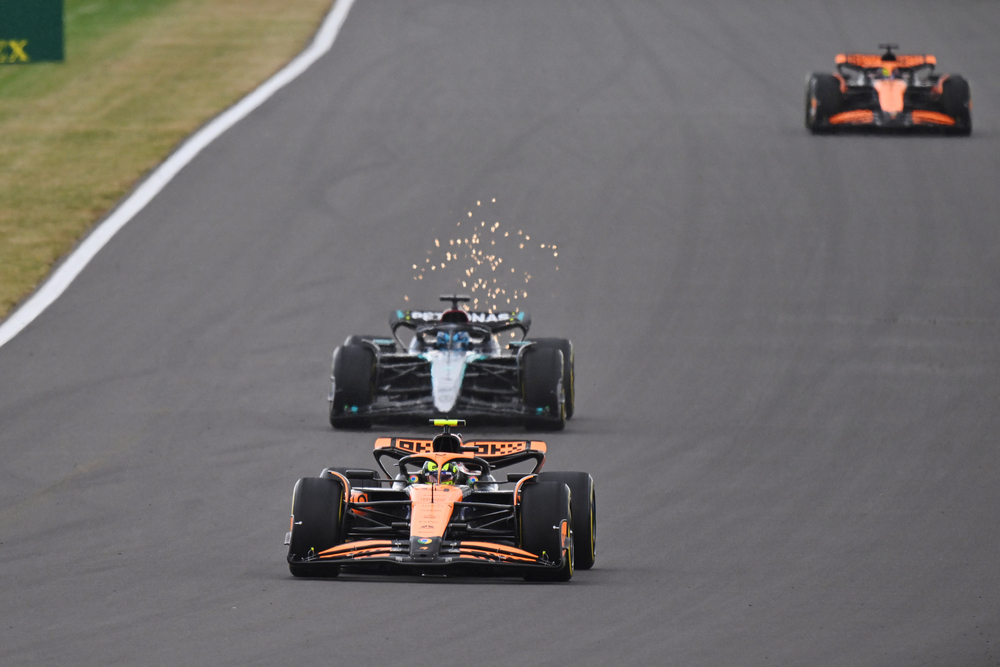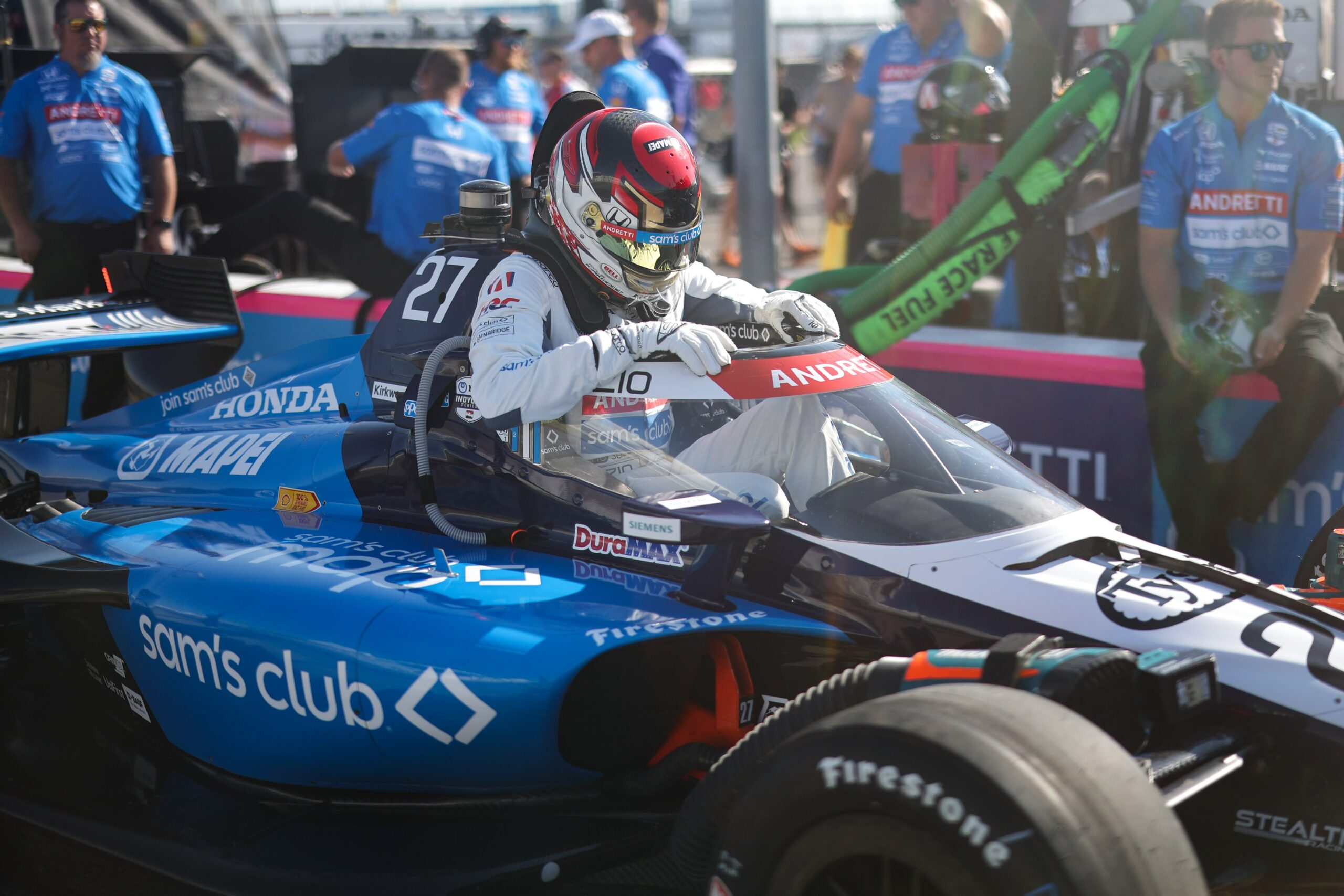McLaren beat Ferrari at the Abu Dhabi GP by 15 points to claim their first Constructors’ Championship since 1998. The team have been powered by Mercedes since 2021 and their title campaign has shattered the long-held notion that customer teams could never outshine their works counterparts.
Toto Wolff, the Mercedes-AMG Petronas F1 team principal, however, welcomed this shift in the narrative and was seemingly elated by the fact that the World Champions are powered by the Mercedes engines.
“To be honest, if we can’t win as a works team, I’d much rather be beaten by a customer team,” Wolff said after the Abu Dhabi GP.
“I have zero problem with that because it shows us where the benchmark is. There’s no discussion about performance levels of the engine, no discussions about drivability, energy deployment, or harvesting. None of that.”
The Austrian praised McLaren’s success with equal resources on the engine side, calling it a win for Mercedes but reaffirmed the works team’s priority.
“World Champion is our customer team. They have equal material. We fight on the same terms. And if they have a better chassis, better execution, or better drivers, then that’s completely fine for us.
“This is a success for Mercedes Motorsport, success for Mercedes, and a success for HPP, whilst we know that our works team is by far the primary objective to win.”
Wolff: Mercedes acknowledges the triumph for McLaren F1 as a clear ‘benchmark’
The era of cost caps and adjusted Aero Testing Regulations (ATR) has undoubtedly levelled the playing field. McLaren have also benefitted from increased ATR time last season with their fourth-place finish. The roles will be reversed next season, with Mercedes will have 20% more ATR time due to their fourth-place finish.
The 52-year-old addressed this shift: “It was our mentality in the new era that not only the regulations say you need to be on equal material, but it’s also how we take it.
“That’s why it’s a question: do you want to be beaten by a customer team? I’d rather be beaten by a customer team and know where the benchmark lies.”
Wolff highlighted equal opportunities under the cost cap but credited McLaren’s performance to execution, not championship placement advantages.
“They have equal opportunity like we do. When you look at the cost cap, clearly, that has an effect. You look at ATR, we are fourth in the championship now. That is 20% more ATR than McLaren, which is advantageous. This is where they were in the past. But that is not the reason why they won,” the Mercedes team boss said.
He continued, crediting McLaren for being a better team in other aspects as well: “They won because of good engineering, as simple as it is. Good engineering, great engineering. Right leadership. Good drivers. Two drivers that were scoring. And you have to give them all credit for that.”
Mercedes boss Wolff lauds the revival of McLaren F1
McLaren have had an amazing recovery charge since the start of the 2023 season. From struggling to score meagre point finishes 18 months ago, the team made a complete transformation into a title-winning team.
This was down to a combined impact of engineering marvel that led to a series of upgrades that worked superbly and brought huge performance leaps, new leadership and consistent driver performances. McLaren became the only team to complete every lap this season, thanks to Oscar Piastri, showcasing the reliability of Mercedes Powertrains and the MCL38 in general.
“When you consider where McLaren came from, a year and a half ago, they weren’t even making it out of Q1. They became a race-winning car at the end of last year, and now they’re Constructors’ Champions,” he said. “Somebody would have said to us two years ago, which planet are you living on?”
Mercedes has yet to crack the current regulations, struggling this year to match the pace of McLaren, Ferrari, and Red Bull despite taking three wins. Wolff insists the team is determined to reclaim its competitive edge.
2025 will be the last season under current regulations, with McLaren poised as favourites. Mercedes must deliver a transformative winter to stay in contention. A shift in focus to the 2026 regulation overhaul seems increasingly likely.





